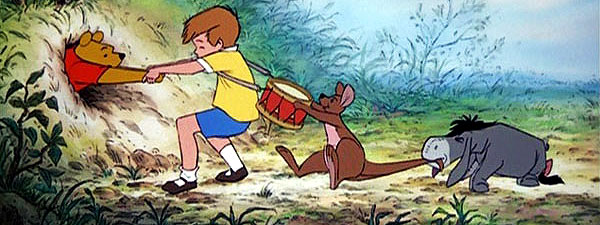
Persistent Test
We have to test ourselves
to see whether
we are destined for independence and command,
and we have to do it at the right time.
We should not sidestep our tests,
even though they may well be
the most dangerous game
we can play,
and, in the last analysis,
can be witnessed by no judge other than ourselves.
Not to be stuck to any person,
not even somebody we love best
– every person is a prison and a corner.
Not to be stuck in any homeland,
even the neediest and most oppressed
– it is not as hard to tear your heart away
from a victorious homeland.
Not to be stuck in some pity:
even for higher men,
whose rare torture and helplessness
we ourselves have accidentally glimpsed.
Not to be stuck in some field of study:
however much it tempts us
with priceless discoveries,
reserved, it seems, for us alone.
Not to be stuck in our own detachment,
in the ecstasy of those foreign vistas
where birds keep flying higher
so that they can keep seeing more below them:
– the danger of those who fly.
Not to be stuck to our own virtues
and let our whole self be sacrificed
for some one of our details,
our “hospitality,” for instance:
this is the danger of dangers for
rich souls of a higher type, who spend themselves extravagantly,
almost indifferently, pushing the virtue of liberality
to the point of vice.
We must know
to conserve ourselves:
the greatest test of independence.
Beyond Good and Evil, by Friedrich Nietzsche, trans. by Judith Norman, aphorism 41
Philosophy is not for everyone. Should I feel excited to meet someone “bitten” by the bug? Or should I feel pity for them?
It is impossible to know whether choice is involved at all in our individual, particular passions, or whether we are chosen, as if by fate. In any case, the life that we have is the one that each of us is “thrown” into, a life which insists upon our embrace. What else can you and I do?
I suppose the option of an unequivocal “no,” to take a rough foreground estimate of our situation, to conclude our desire is to make an exit, is always real. That’s a polite reference to suicide. To “not be” is a difficult conclusion, no matter the difficulty of the trail at any given time. It is as if, instinctively you and I are aware change is the rule, the possibility of more fortuitous circumstances, and of hope.
Conversations with an old friend reminded me of the enormous difficulty of preserving one’s well-being, or to say differently, staying sane in mid-journey that appears as a wasteland. The greatest danger is from elements of our life that we love, which we deem congenial to us. Being stuck is a self-imposed hazard. Nietzsche insists that we ought to repeatedly subject ourselves to a rigorous test to determine whether be are in-a-rut, “stuck” in activities that are appealing, pleasant enough, but have become routinized, overdone, and now fail to stimulate us to new growth, to that bleeding-edge of independence. Is it not the easiest of all, the most comfortable, the non-decision decision to settle-in with what comforts me? Pleasure is seductive and dangerous. Pain always is what it is, pain.
Nietzsche describes so well a number of scenarios we allow to entrap us.
How could we possibly carry on without a song? Here I Go Again by Whitesnake.